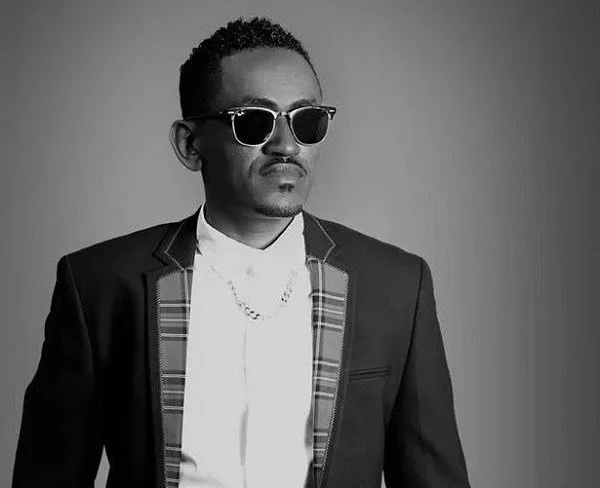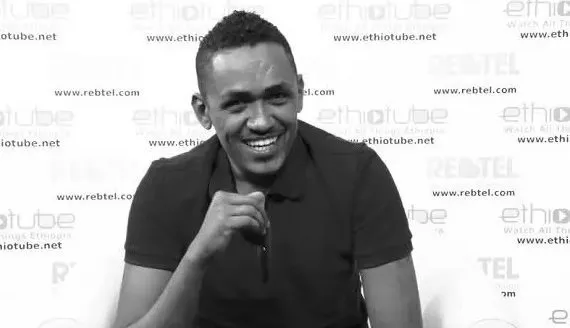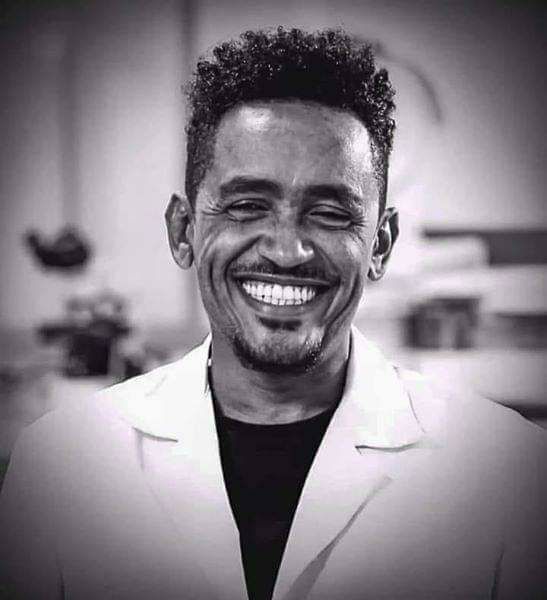ሀጫሉ ሁንዴሳ | Hachalu Hundessa

Basic Identity
- Real Name and Stage Name : Hachalu Hundessa Boonsa is his full real name, and he was widely known by his stage name Hachalu Hundessa. In Oromo, his name is also spelled Haacaaluu Hundeessaa.
- Date and Place of Birth : Hachalu Hundessa was born on June 30, 1986, in Ambo, a city in the Oromia region of Ethiopia.
- Age / Current Age or Age at Death : He was 33 years old at the time of his death on June 29, 2020 — just one day before his 34th birthday.
- Siblings : Public records confirm that Hachalu was one of several siblings, but their names and details have not been widely disclosed.
- Background and Upbringing : Hachalu grew up in Ambo, Oromia, and his passion for music began in childhood. At the age of 17, he was imprisoned for five years due to his activism, during which he wrote many of the songs that would later define his career. His early exposure to political injustice shaped both his worldview and his art. After his release, he pursued music as a form of protest and a tool for cultural awakening.

Career
- Career Start and Early Breakthrough : Hachalu began his music career after being released from prison in 2008, where he had been incarcerated as a teenager for participating in protests. During his imprisonment, he composed many songs that later formed the core of his early work. His debut marked a turning point for Oromo music, infusing it with resistance and political consciousness.
- First Song / Breakthrough Hit : Yes, Hachalu gained international attention through diaspora networks, media coverage of the Oromo protests, and his role as a symbol of resistance. His assassination in 2020 sparked global headlines and tributes, with international human rights organizations and artists commemorating his work and legacy. However, he was not signed to any major international label before his passing.
- Major Milestones and Achievements : Released his debut album “Sanyii Mootii (Race of the King)” in 2009, which became an instant classic. Followed up with “Waa’ee Keenya (About Us)” in 2013, which cemented his status as a national figure. His music became central to the 2016 Oromo protests, with many of his lyrics being quoted in rallies and demonstrations. He was known for integrating powerful political messages, cultural pride, and emotional storytelling into his songs.
- Awards and Recognitions : While Hachalu did not receive many mainstream commercial awards, he was deeply honored by the Oromo community and various human rights organizations for his courage and activism through music. His funeral was attended by thousands and was broadcast live nationally, a sign of his impact on Ethiopian society.
- International Reach and Diaspora Performances : Yes, Hachalu gained international attention through diaspora networks, media coverage of the Oromo protests, and his role as a symbol of resistance. His assassination in 2020 sparked global headlines and tributes, with international human rights organizations and artists commemorating his work and legacy. However, he was not signed to any major international label before his passing.
Albums
Tracks
| Geerarsa | Hinaafuun | Sinbardaadu |
| Oromiyaa | Oromummaa | Bareeduu Ambo |
| Sinirraanfadhu | Maasaan Gamaa | Si Jajuun Koo |

Personal Life
- Relationship Status and Children : Yes, Hachalu Hundessa was married to Fantu Demisse. Together, they had three children. His family life was private but deeply cherished, and his wife has spoken in interviews about his dedication both as a father and a husband.
- Net Worth and Assets : While exact financial figures are not publicly disclosed, Hachalu was considered financially successful through album sales, digital streaming, and large-scale concert performances. He was known to live a modest lifestyle, more focused on activism and community than luxury. His public image was never centered on material wealth but on social justice.
- Current Residence and Lifestyle : Hachalu lived in Addis Ababa until his assassination in June 2020. His daily life was deeply tied to Oromo activism and community outreach. He frequently engaged in public speaking and cultural initiatives. His routines often involved studio work, meetings with activists, and involvement in civic dialogues.
Business
- Business & Cultural Investment : Hachalu Hundessa was primarily known for his music and activism, and he did not publicly engage in commercial brand partnerships or conventional business ventures. His life’s work was largely centered on empowering the Oromo people and using his voice as a tool for social justice and political awareness. While he earned income through his music, concerts, and digital platforms, there is no official record of entrepreneurial projects or endorsements under his name. His legacy is more rooted in cultural leadership than commercial enterprise.
-SOURCES-
bbc.com
theguardian.com
voanews.com
musicinafrica.net
africanews.com
ethiopianreporter.com
profileability.com
spotify.com
youtube.com
boomplay.com
facebook.com
genius.com
apple.com (Apple Music)
tidal.com
